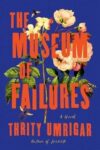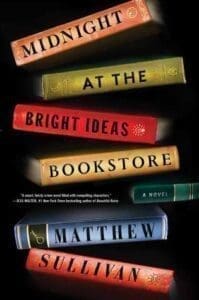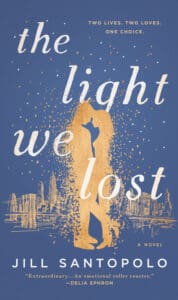Everybody’s Son by Thrity Umrigar– 352 pages
Book Blurb:
During a terrible heat wave in 1991—the worst in a decade—ten-year-old Anton has been locked in an apartment in the projects, alone, for seven days, without air conditioning or a fan. Hot, hungry, and desperate, Anton shatters a window and climbs out. Cutting his leg on the broken glass, he is covered in blood when the police find him.
Juanita, his mother, is discovered in a crack house less than three blocks away, nearly unconscious and half-naked. When she comes to, she repeatedly asks for her baby boy. Though the bond between mother and son is extremely strong, Anton is placed with child services while Juanita goes to jail. The Harvard-educated son of a US senator, Judge David Coleman is a scion of northeastern white privilege. Desperate to have a child in the house again after the tragic death of his teenage son, David uses his power and connections to keep his new foster son, Anton, with him and his wife, Delores—actions that will have devastating consequences in the years to come.
My Review: 4 stars
Everybody’s Son takes on a different point of view regarding race relations. This book focuses on governmental power and wealth versus biology and destitution. Umrigar’s books continue to deal with race, class and gender issues, however this one is the first that has no Indian characters. All of her books create cases for both sides of the coin, which allows the reader to gain insight for all the characters involved.
This story, in effect, is also a coming of age tale as the “son” from the book’s title is introduced to us at ten years old. He is adopted into a wealthy, political family, somewhat illegally. As this boy is living the dream, he has no clue that he was unlawfully brought to this family and that his birth mother is alive and well. With many conundrums that ensue, this book gives the reader a lot to think about and question.
Interestingly, this adoptive family and son were of different races and made absolutely no difference to any of them. The author was wise not to make that an issue; instead, she explored what it should be like between races. As the story unfolded however, Anton learned more about his heritage, which ultimately led to big changes in his life.
I totally got a kick from his first girlfriend and not just her opinions on politics, but her ability to say what she felt with absolutely no filter. Fans of Umrigar will be delighted with her newest novel and book clubs will find lots from dissect in this book.
Quotes I liked:
It was false, what everyone always said about tragedy. Tragedy wasn’t not having someone to love. Tragedy was loving someone and not being able to express it.”

















Hi Lauren – how amazing is it that we were reading THE SAME BOOK AT THE SAME TIME! I usually love Umrigar but was a bit disappointed in this one. I also loved Carine. Here’s my librarything.com review:
“This son in this novel reminds me of Barack Obama. Due to the actions of his neglectful and addicted mother, the young boy Anton is put into foster care. His white foster father is a political power who sees Anton as a replacement for his birth son, who died tragically in his late teens. The foster parents, David and Delores, speak past each other constantly, and David makes a devil’s bargain for permanent custody. At Harvard, Anton meets Carine, a strong, politically active black woman who painfully knocks him off his father’s path. As David moves up the political ladder, becoming a senator as was his father before him, Anton reluctantly follows until kismet, in the form of his birth mother, intervenes.
Two voices are heard in the story, David and Anton, and I think the plot suffers mightily for neutralizing Delores and Carine. There’s a satisfying but somewhat predictable resolution. Not as good as her other novels, especially The Story Hour.”